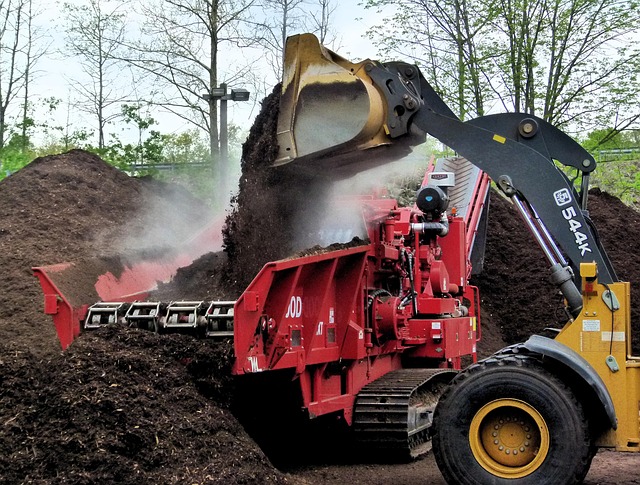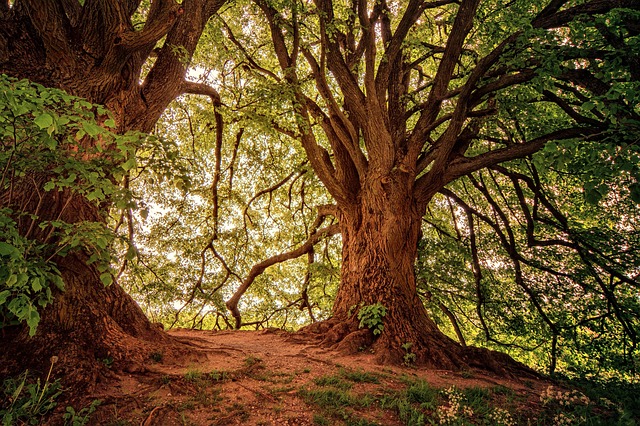In our fast-paced digital age, where screens dominate our daily lives, the simple act of grounding ourselves in nature takes on a profound significance. One of the most understated yet impactful ways to connect with the earth is through mulch—a natural blanket that nurtures the soil, conserves moisture, and enhances the beauty of our gardens. As we immerse ourselves in technology, it’s vital to take a step back and embrace the therapy that nature, and specifically mulch, can provide.
The concept of a digital detox has gained traction over the years, urging individuals to temporarily disconnect from their devices and reconnect with the world around them. While many choose yoga retreats or mindfulness workshops for rejuvenation, the simple act of spreading mulch in your garden can also be a therapeutic escape from the clutches of technology. Just picture yourself digging your hands into the damp earth, feeling the rich texture of organic soil between your fingers as you spread a layer of mulch. It’s a tactile experience that grounds you, feeling every grain and particle as you create a safe haven for your plants.
In the battle between technology and humanity, nature often emerges as the unassuming victor. The act of applying mulch is not just about aesthetics; it’s about fostering life. Made from organic materials—a combination of shredded bark, leaves, and compost—mulch acts as a protector. It shields the soil from weather extremes, prevents weed growth, and promotes sustainability. In a time where digital screens offer fleeting experiences, mulch provides a lasting influence on our environment.
As we strive to maintain balance amid the noise of notifications and endless scrolling, cultivating a natural space with mulch can serve as a reminder of our roots—literally and metaphorically. Taking part in this simple gardening process transforms our interaction with nature. The rich colors and earthy aromas of mulch engage our senses, transporting us away from the cacophony of technology and into a peaceful, green sanctuary. Here, one can reflect and recharge.
The therapeutic effects of nature are well-documented; studies reveal that spending time outdoors can lead to reduced stress levels, better mental health, and enhanced creativity. By engaging with nature through tasks such as mulching, we allow our practical intentions to align with our innate human need to nurture and be nurtured. Each handful of mulch we spread revitalizes not only our surroundings but also our state of mind. It gives us a chance to breathe, reflect, and appreciate the simplicity that often gets lost in a hyperconnected world.
Moreover, mulching can serve as an engaging activity for families and communities. By bringing children into the garden, we can teach them about the importance of ecology and sustainability. Each time a child plays in the dirt or helps distribute mulch, they spark a sense of wonder about nature. In an era where children are often found glued to screens, seeing them engage with the soil helps solidify their connection with the environment—an important link that fosters respect and desire to preserve nature for generations to come.
Ultimately, as we navigate through a world saturated with digital demands, these little moments spent getting our hands dirty with mulch can lead to significant transformations within our lives. While technology continues to evolve and redefine how we communicate and interact, we must not forget the restorative powers of nature. Mulch, in its simple effectiveness, embodies a serene rebellion against the complexities of modern life. By embracing the rhythm and nourishment that nature offers through mulch, we can find clarity and connection in a world yearning for balance.




